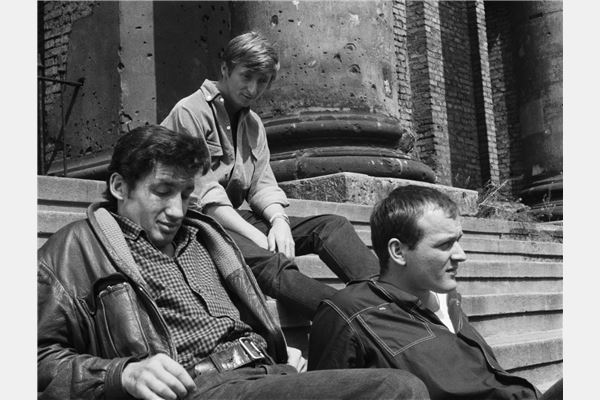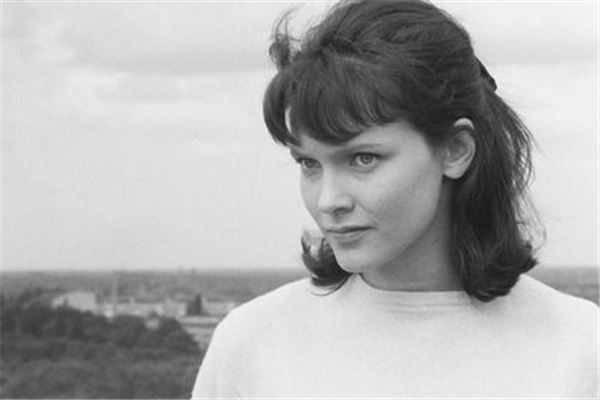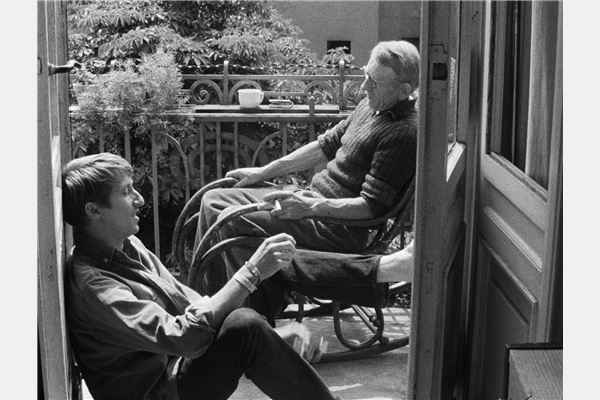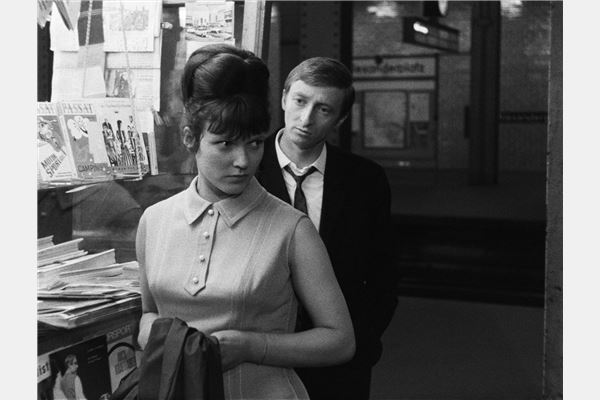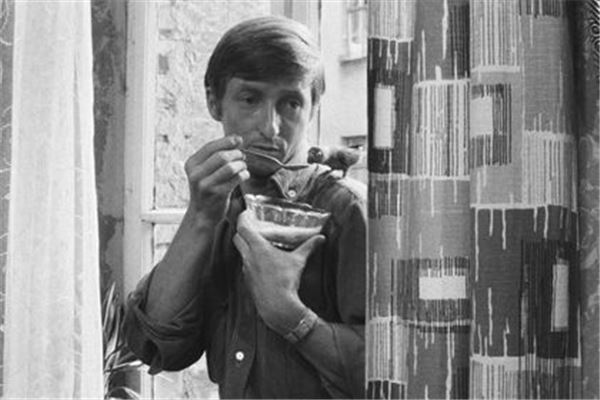Jahrgang 45
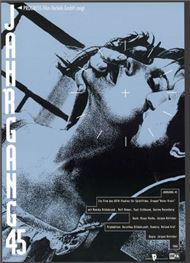
Infos
1990
Sprache(OF): deutsch
Regie: Jürgen Böttcher
Drehbuch: Jürgen Böttcher, Klaus Poche
Darsteller: Monika Hildebrand, Paul Eichbaum, Rolf Römer
97 min
FSK 12
Trailer ansehen
IMDb (english)

DEFA - JUGEND | 35mm
Alfred und Lisa, genannt Al und Li, ein junges Ehepaar vom Prenzlauer Berg, haben beschlossen, sich zu trennen.
Die Decke des kleinen Altbau-Zimmers, in dem sie leben, scheint ihnen auf den Kopf zu fallen - und vor allem Al, der leidenschaftliche Automechaniker und Motorradliebhaber leidet unter der Empfindung, sich nicht entfalten und ausprobieren zu können.
Er nimmt ein paar Tage Urlaub, bummelt durch Berlin, trifft Freunde und Fremde, lässt sich treiben. Der Kaderleiter seines Betriebes stellt ihn zur Rede.
Li, die als Säuglingsschwester arbeitet, leidet unter der bevorstehenden Trennung, macht kein Hehl aus ihren verletzten Gefühlen und wartet darauf, dass Al sich mit ihr ausspricht.
Vielleicht kommen sie doch wieder zusammen ...
(Quelle: Das zweite Leben der Filmstadt Babelsberg. DEFA-Spielfilme 1946-1992)
Auszeichnungen
40. Internationale Filmfestspiele Berlin (1990): Lobende Erwähnung der FIPRESCI und INTERFILM (Int. evang. Filmjury) für die Gruppe der acht Verbotsfilme aus der DDR
Plot: The only feature film by the painter and documentary filmmaker, Juergen Boettcher. Inspired by the Italian neo-realists, he developed a sensitive style characterized by accurate social observations and poetic verse. This film tells the story of Al and Li, a married couple living in the Prenzlauer Berg district of Berlin. They have only been married for a couple of months but decide to divorce. Alfred, a motorcycle enthusiast, especially pushes for the divorce. He fears losing his independence and freedom to experiment. Alfred takes a couple days off to clear his head, and rides through Berlin meeting friends and strangers. The fact that he ultimately returns to Lisa is possibly a good omen, but the ending remains open. Born in '45 was caught in a wave of politically motivated film bans in the summer of 1966 and was not allowed to be shown. The film was described by an official as "indifferent and insignificant." Boettcher chose settings that were "gloomy, unfriendly, dirty and neglected. Characters and surroundings were created to reflect more a capitalist view of life as opposed to a socialist view of life." Only in the spring of 1990, when the film was shown in cinemas, were the true beauties of the film discovered: its rhythm, its lacunae, its disposition. Juergen Boettcher grasped the life of 20-year-olds in Prenzlauer Berg with social and regional exactness and was able to translate it into an elementary world language.
